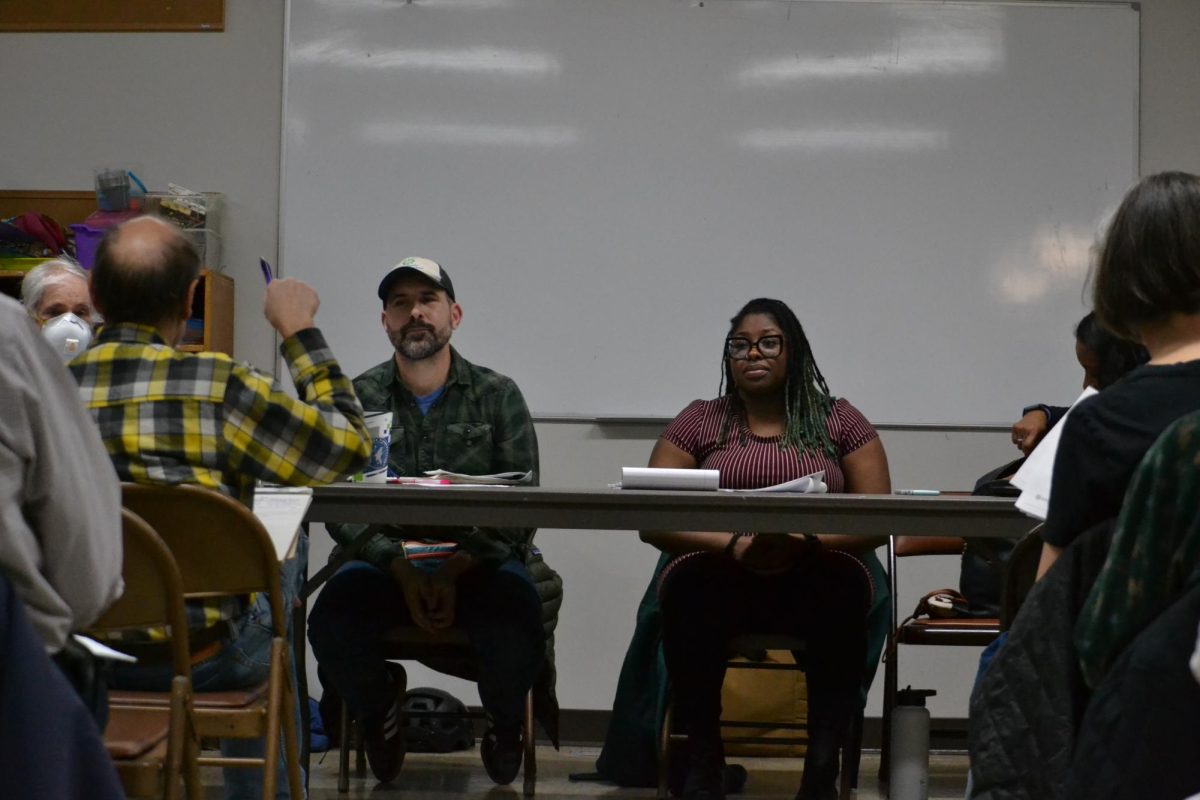The proposal of amendments to the Minneapolis rental license revocation ordinance has University of Minnesota residents and landlords asking for higher standards.
As part of the proposed amendments to the code, landlords of properties that have been declared substandard after city inspection, or whose license has been revoked, would have to attend “Healthy Housing Training” courses, said JoAnn Velde, manager of the city’s Housing Inspection Services.
The classes, offered through the Minneapolis Police Department and the city’s Regulatory Services department, are meant to educate property owners about the requirements that are expected of them and to prevent future revocations.
The City Council’s Regulatory, Energy and Environment Committee is also proposing that in cases where safety and livability issues are not a concern, landlords would be able to keep control of their remaining properties after having two license revocations and prevent residents from having to vacate.
City Councilwoman Elizabeth Glidden, chair of the Regulatory, Energy and Environment Committee and author of the ordinance amendments, said the changes are to find a balance between enforcing license standards and benefitting tenants.
In the past, landlords who have had two licenses revoked lost additional licenses they had on any other property, Velde said.
On Monday, the committee will vote on final changes, Glidden said. The full City Council would look at them next month.
Councilman Cam Gordon said the proposed changes are meant to ensure the revocation process is addressing the city’s housing problems effectively and appropriately.
“We came to the realization that the way that ordinance was written left very little leeway and flexibility, and there were some instances where we were revoking the licenses of some pretty big apartment buildings,” Gordon said. “One of the consequences of that is then you’re leaving people without a place to live.”
Residents are skeptical of how effective these changes would be in preventing revocations and taking action against “problem landlords.”
The changes are kind to landlords who currently have problems maintaining their properties, said Meg Hughes-Morrison, a University student and renter in the Southeast Como neighborhood.
“I think stronger action taken by the city is really what’s going to keep landlords on top of things,” she said.
Craig Janssen, owner of Elmwood Properties, said it sounds like “what they have is workable, they just need to enforce what they’ve got.”
Katie Fournier, chair of the Southeast Como Improvement Association’s Livability and Housing Committee, said she’s surprised the city would consider changing policy, since one of its tools for compliance seemed to be the threat of revoking all of the licenses.
Residents and local landlords have also questioned the effectiveness of required classes for landlords.
When properties fail to meet the city’s licensing standards, a notice of noncompliance is mailed to the property owner by the director of inspection and given time to correct any problems before action is taken to revoke the owner’s license.
Joan Menken, a member of SECIA’s board of directors and a long-term resident of Southeast Como, said the landlords that do lose their licenses tend to put little effort into maintaining their properties.
Property owners might not gain anything from taking a class, though, said Melissa Kreuser, a University senior and renter in the Marcy-Holmes neighborhood.
“They’ve already had a chance to fix things,” she said.
Tim Harmsen, owner of Dinkytown Rentals also said he thought the amendments might mean little.
“If they get to the point of revocation, a class is not going to change anything,” he said.
Velde said the city continuously makes changes to the ordinance to find the most effective way to address revocation issues.
“These changes are made to achieve compliance from Minneapolis landlords,” Glidden said. “At the end of the day, we want to make sure that the housing in this city is properly managed and safe.”
Glidden said the city can be flexible in working with landlords when it comes to revocations.
“The ultimate goal isn’t revoking someone’s license,” she said. “It’s to help them manage their property.”






















